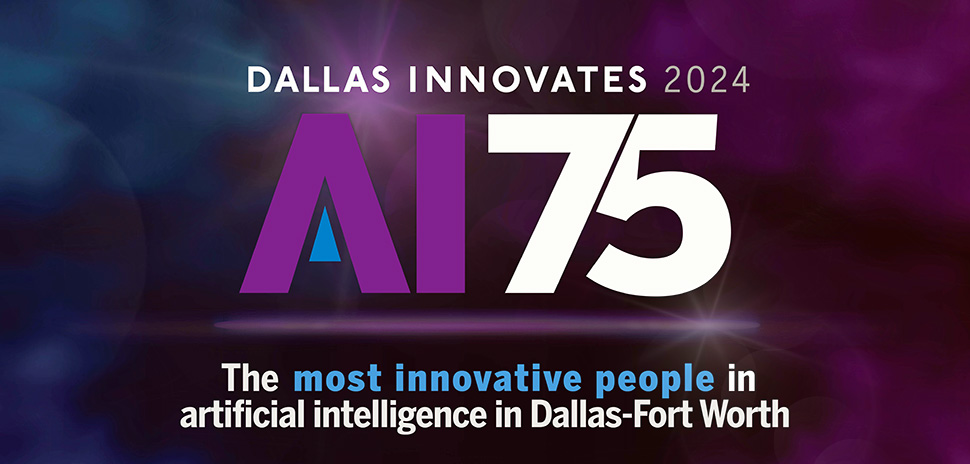From controlling home environments with commands like “Siri, turn on the living room lights” to managing fraud and risk in financial institutions, artificial intelligence is integral to many products and services we use daily.
And the news cycle reminds us frequently that this is just the beginning — that the full promise and peril of AI still lies before us. This is not just technology that will allow us to do the same things in a new way; it has the potential to make us “extra” human — smarter, faster versions of ourselves.
“Every aspect of civilization will be impacted, I believe, by AI, and therefore I wanted to study it thoughtfully and thoroughly before jumping into legislation,” said Senator Tan Parker.
The Artificial Intelligence Advisory Council was established through House Bill 2060 during the 88th legislative session. Composed of founding members and Co-Chairs Senator Parker and Representative Gio Capriglione, along with five other public members, the council intends to increase the study, use, and public awareness of AI. At the heart of any successful endeavor lies collaboration. The Texas AI Council will serve as a nucleus for fostering collaboration among key stakeholders, including government agencies, industry leaders, academic institutions, and research centers.
“There are very real and concerning downsides that have to be managed when it comes to AI and as a result of that, while I am always a free-market, free-enterprise guy trying to minimize regulation, some regulation will be necessary,” said Senator Parker.
That’s why he and the AI advisory council are taking a thoughtful approach. Through public hearings and agency testimony, they will create recommendations for legislation, which they plan to issue by December 2024.
“Communication and knowledge are the cornerstones of progress, and our council will serve as the catalyst, uniting minds from all sectors to produce thoughtful policy concerning AI advancement and technology,” according to Senator Parker.
The group’s first working meeting was at the end of March, when it heard from four state agencies, including the Texas Department of Information Research (DIR) and Texas Department of Transportation (TxDOT).
“I was quite pleased, actually, with the progress and the thoughtfulness of the agencies in terms of how they’re approaching AI,” Senator Parker noted.
For example, TxDOT is using AI to cut down accident response time, process payments, manage traffic, and evaluate aging infrastructure.
The Texas Workforce Commission also testified about their chatbot named Larry being used to screen calls and efficiently connect them with the best department. Parker doesn’t envision this ever becoming an all-bot operation, saying the people of Texas are best served by man and machine working together.
“We must maintain a human touch and a human presence with regard to the workforce commission, as you have people that are struggling for work and trying to find new careers and so forth,” Senator Parker said.
The council will continue hearing from agencies and the public through the summer—information that will help inform the group’s recommendations. Parker is confident in this approach. He strongly believes in the states, particularly Texas, leading the nation on critical issues.
He pointed to Jenna’s Law. Passed in 2009 and amended in 2017, the legislation mandates K through 12 training for educators. After being passed, a study found educators reported suspected abuse almost four times more than before the training. Now, Senator Cornyn is moving that law through the U.S. Congress. Parker hopes to see it become a federal law by year’s end and believes the Lone Star State can again lead the nation on AI legislation.
Texas has long been a beacon of innovation and growth in many areas, and AI creates an unprecedented opportunity to further bolster the state’s reputation as a leader in groundbreaking research and development while increasing the benefits to Texans in their everyday lives. The council aims to support cutting-edge research initiatives and breakthroughs in AI while propelling Texas to the forefront of global innovation and efficiency.
The next AI Advisory Council meeting will be held at the Texas Capitol on May 8th. For more information, including background on council members, overall objectives, and when and where you can participate in public testimony, check out the website.
Voices contributor Nicole Ward is a data journalist for the Dallas Regional Chamber.
![]()
Get on the list.
Dallas Innovates, every day.
Sign up to keep your eye on what’s new and next in Dallas-Fort Worth, every day.





